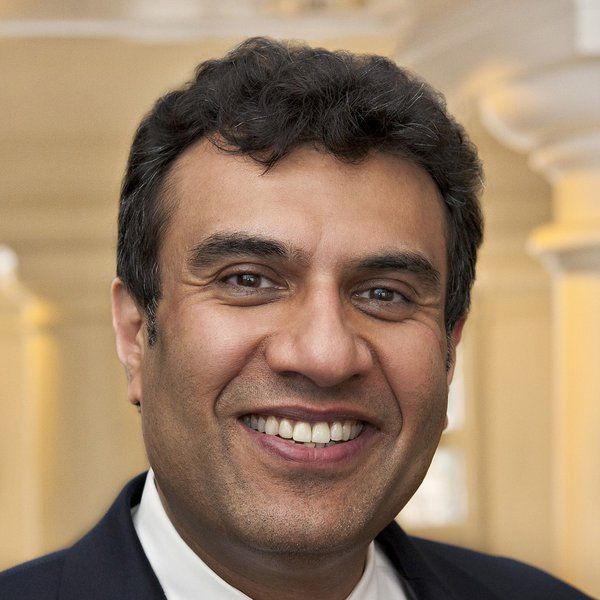Article
Advanced CT Offers Better Option for Detecting Coronary Artery Blockages
Author(s):
New research into the capabilities of advanced computed tomography (CT) published recently in the New England Journal of Medicine (http://content.nejm.org/cgi/content/abstract/359/22/2324) revealed "solid evidence that the newer, more powerful 64-CT scans can easily and correctly identify people with major blood vessel disease and is nearly as accurate as invasive coronary angiography."
New research into the capabilities of advanced computed tomography (CT) published recently in the New England Journal of Medicine revealed “solid evidence that the newer, more powerful 64-CT scans can easily and correctly identify people with major blood vessel disease and is nearly as accurate as invasive coronary angiography.”
A new release announced that an international team of scientists led by Johns Hopkins researchers found that 64-row CT angiography is 93% as accurate as conventional invasive, cardiac catheterization and is “virtually 100 percent accurate in detecting people with at least one artery dangerously clogged by the buildup of cholesterol and plaque.” According to the news release, “comparison of CT and catheterization results also showed for the first time that they were equally useful in patients with heart attack symptoms, such as chest pain and shortness of breath, for predicting the need for cardiac bypass surgery or angioplasty to restore their blood flow. The CT scans accurately predicted 84 percent of invasive procedures performed, and catheterization predicted 82 percent.” Johns Hopkins cardiologist and senior study investigator João Lima, MD, said that 64-CT scans are not a substitute for catheterization, but can be used as “an alternative diagnostic tool” that can help physicians detect coronary artery blockages when cardiac stress testing or other tests for reduced blood flow are not suitable for a particular patient. Lima said that 64-CT scans could eliminate the need for as much as one-fifth of the 1.3 million cardiac catheterizations performed each year nationwide that show no blockages. A significant number when one considers that CT scans take only seconds to perform, compared with the 30-45 minutes required for cardiac catheterization (plus up to one hour for the patient to recover). Catheterization also carries the risk of potentially serious complications, including infection, heart attack, and stroke.





